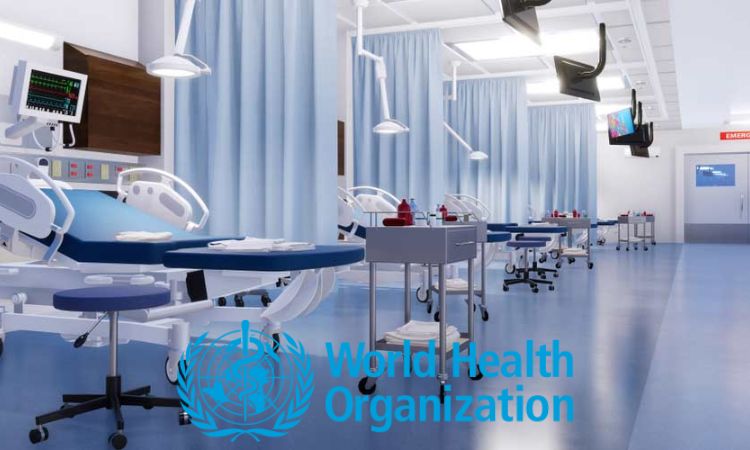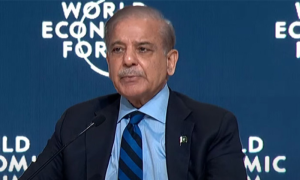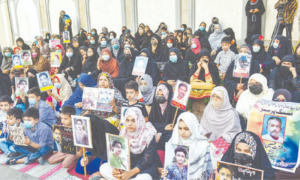News Desk
ISLAMABAD/GENEVA: Nearly a billion people in low and lower-middle income countries are being served by healthcare facilities with unreliable electricity supply or with no access to electricity at all, according to a new joint report from the World Health Organization (WHO), the International Renewable Energy Agency (IRENA), the World Bank and Sustainable Energy for All (SEforAll).
The report titled ‘Energizing Health: Accelerating Electricity Access in Health-Care Facilities’ presented the latest the figures on electrification of medical facilities in low and middle-income countries. It also projected investment requirements for adequate and reliable electrification in healthcare and identified key priority agendas for governments and development partners.
Electrification of healthcare facilities imperative
The report noted that assess to electricity is critical for provision of quality healthcare, from delivering babies to managing emergencies like cardiac arrests or offering lifesaving immunization. It said that Universal Health Coverage cannot be achieved without reliable electricity in all healthcare facilities.
And yet, in South Asia and sub-Saharan African countries, more than 1 in 10 health facilities lack any electricity access whatsoever, the report finds. Also, power is unpredictable for a full half of facilities in sub-Saharan Africa.
Assistant Director-General a.i, for Healthier Populations at WHO, Dr. Maria Neira said “Electricity access in healthcare facilities can make the difference between life and death.”
Investing in reliable, sustainable and clean energy for medical facilities is not only imperative for pandemic preparedness, but also much needed to achieve universal health coverage and increase climate resilience and adaptation, she added.
The report says that electricity is needed to power the most basic devices – from lights and communications equipment to refrigeration, or devices used to measure vital signs like heartbeat and blood pressure – and is critical for both routine and emergency procedures. It insisted that providing healthcare facilities with access to reliable energy is critical to power and sterilize medical equipment, preserve lifesaving vaccines, and carry out essential surgeries or delivery procedures.






















